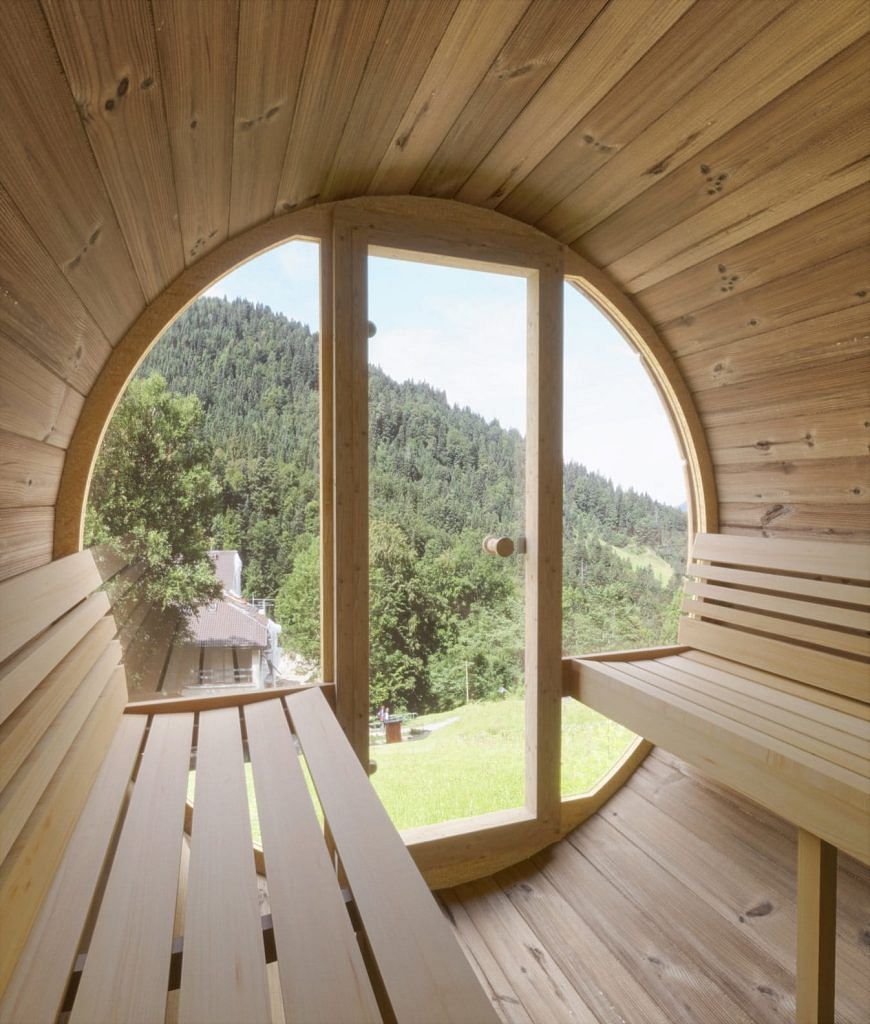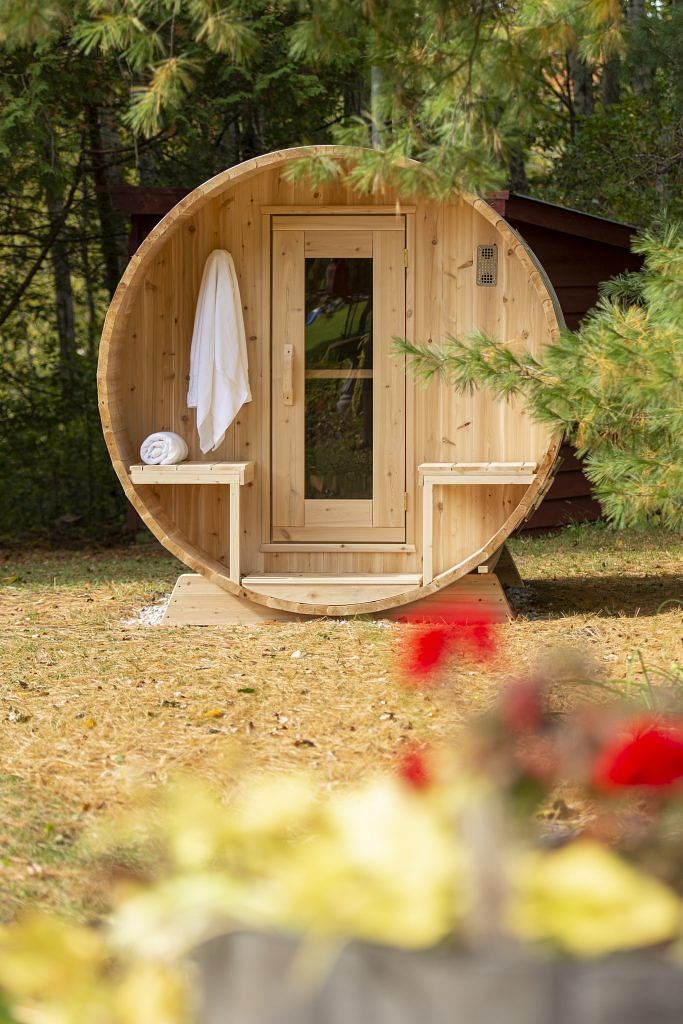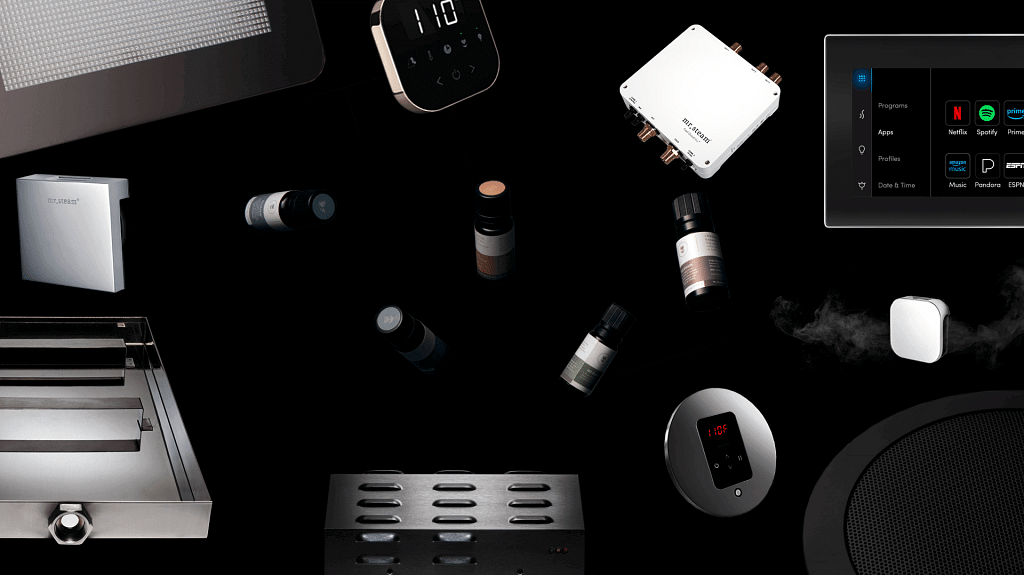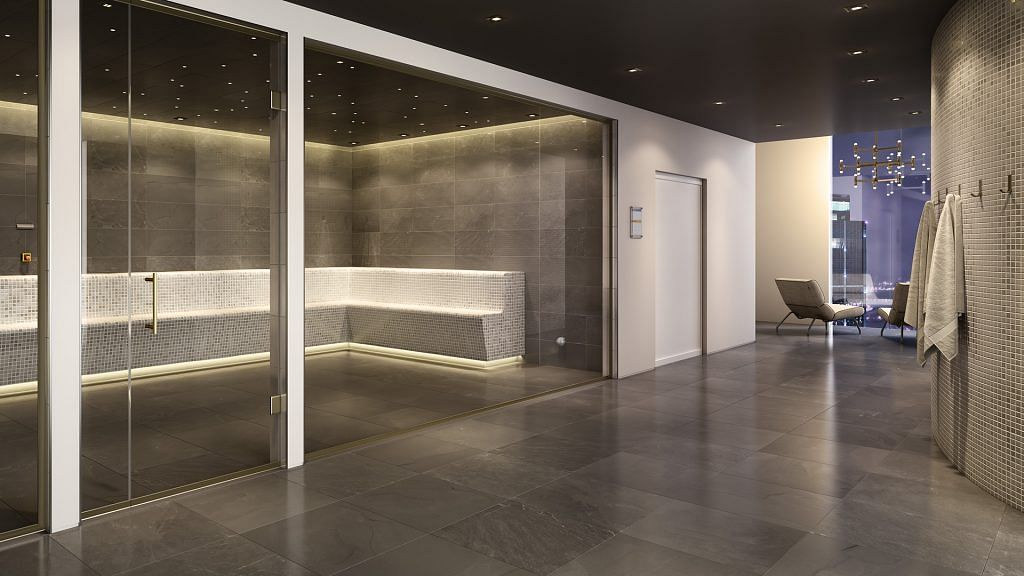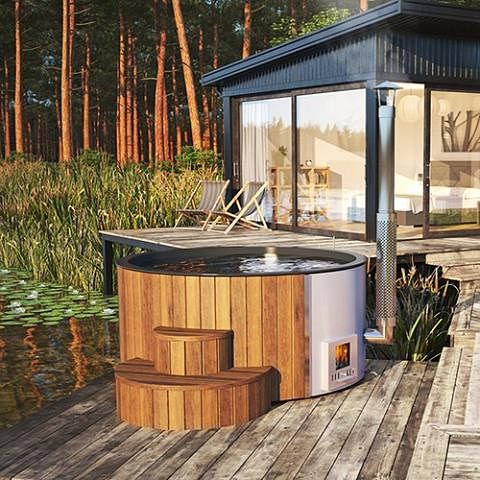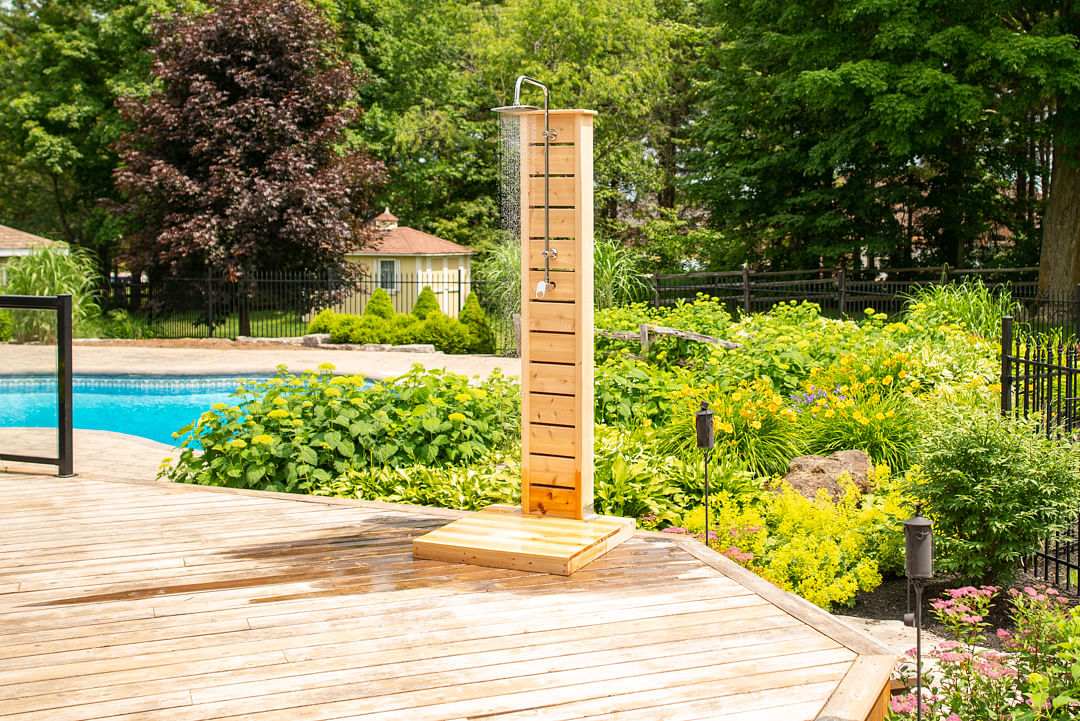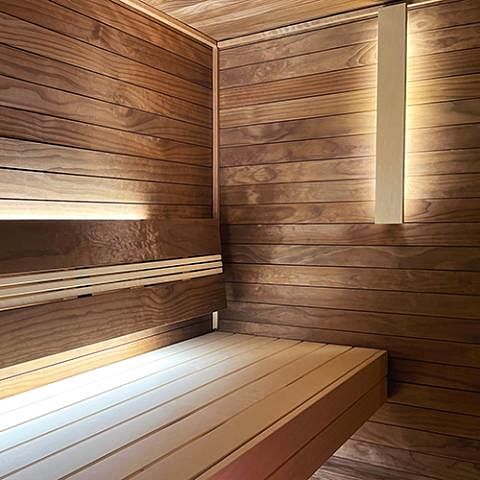Our Sauna Blog, Sauna
Sauna Electrical Requirements for Electric and Infrared Saunas
This guide dives into sauna electrical needs for safe and enjoyable use. Explore electric, wood-fired, and infrared options to find your perfect fit.
So you’re looking to install a sauna at home? This ultimate relaxation station can be electric, wood-fired, or even use infrared technology. But before you grab your swimsuit, it’s important to understand the electrical needs for each type of sauna. This guide will answer all your burning questions about sauna electrical requirements, from figuring out if you need a separate circuit to whether you should call in a pro for the wiring. By the end, you’ll be a sauna expert, ready to safely sweat it out in your very own home oasis.
Electrical Requirements for Saunas
Saunas electrical needs can vary depending on the type of heating system. Here’s a breakdown of the electrical requirements for the three main sauna heater types:
- Electric Saunas: These popular models are workhorses, requiring a dedicated 220-volt circuit with an amperage rating based on the heater’s wattage. Common heaters range from 4.5kW to 8kW, typically needing a 30-amp breaker and 10/2 gauge wire. If the heater is far from the breaker panel (over 30 feet), an 8/2 gauge wire might be necessary.
- Wood-Burning Saunas: While they provide a rustic ambiance, wood-burning saunas have minimal electrical needs. They typically only require a standard 120-volt circuit for lighting and any additional outlets you might want for accessories. See all our
- Infrared Saunas: These newer models utilize infrared lamps to deliver heat directly to your body. They are the most electrical-frugal option, typically functioning on a standard 110/120-volt circuit with a 15-amp breaker.
|
Sauna Heater Type |
Voltage |
Circuit Breaker (Amps) |
Wire Gauge |
|
Electric Sauna |
220-volt |
30 (up to 6kW) |
10/2 (up to 30 ft) |
|
Wood-Burning Sauna |
120-volt |
15 |
N/A |
|
Infrared Sauna |
110/120-volt |
15 |
N/A |
Does a Sauna Need Its Own Circuit?
Absolutely! Regardless of the heater type, saunas should always be connected to a dedicated electrical circuit. This means the circuit supplies power solely to the sauna and isn’t shared with other appliances or outlets. Here’s why a dedicated circuit is crucial:
- Safety: Saunas draw significant power, especially electric models. Sharing a circuit with other appliances increases the risk of overloading, tripping breakers, and potentially causing electrical fires.
- Performance: A dedicated circuit ensures consistent power delivery to the sauna heater. This translates to efficient heating and maintains the desired temperature throughout your sauna session.
- Code Compliance: Most electrical codes mandate dedicated circuits for appliances with high power demands, like saunas. This ensures adherence to safety regulations and avoids potential issues with building inspectors.
How Much Electricity Does a Sauna Need?
The amount of electricity a sauna needs depends on the type of heater it uses:
- Electric Saunas: Electric saunas are the most energy-consuming type, with heaters typically ranging from 4.5kW to 8kW. This translates to a high electricity usage.
- Wood-Burning Saunas: Wood-burning saunas are the most electricity-efficient option. They only require electricity for lighting and any additional outlets you might want for accessories, resulting in low electricity usage.
- Infrared Saunas: Infrared saunas are another energy-efficient option. They use infrared lamps to deliver heat directly to your body, and typically function on a standard 110/120-volt circuit, resulting in low electricity usage.
Here’s a table summarizing the electricity usage of different sauna heater types:
|
Sauna Heater Type |
Electricity Usage |
|
Electric |
High (4.5kW – 8kW) |
|
Wood-Burning |
Low (Lighting only) |
|
Infrared |
Low (Standard outlet) |
Do You Need an Electrician to Wire an Electric Sauna Heater?
Absolutely. Wiring an electric sauna heater is best left to a licensed electrician. Their expertise ensures safe and code-compliant installation, minimizing electrical risks and future headaches. They’ll handle everything from proper circuit setup to grounding, giving you peace of mind and a sauna that functions flawlessly.
Is It Better to Just Use a Wood-Fire Heater?
Choosing between a wood-fired and electric sauna heater depends on your priorities:
Wood-Burning Sauna:
- Pros: More traditional experience, highly energy-efficient (low electricity usage)
- Cons: Requires effort (firewood storage, maintenance), may not be practical in all locations
Electric Sauna:
- Pros: Convenient and clean (no fire tending, ash removal), easy to use
- Cons: May not provide the same “authentic” feel, potentially higher running costs depending on electricity rates

